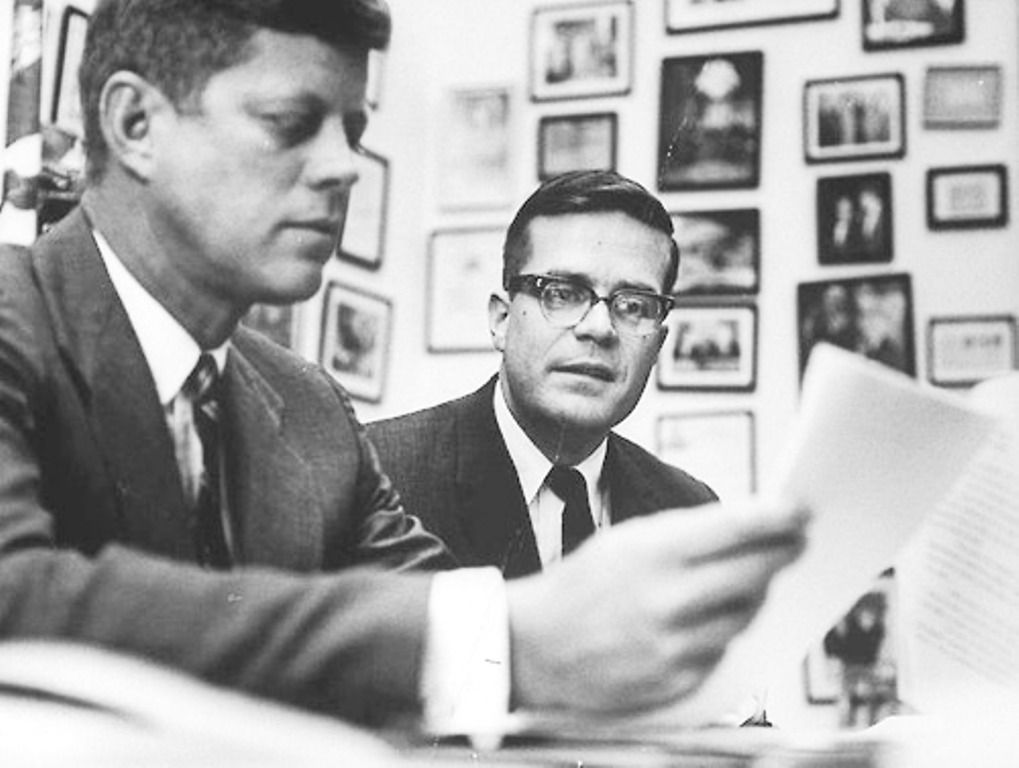To a Writer Who Wants to Break Into Speechwriting
April 09, 2024
On my frequent calls with aspiring speechwriters, I hear myself sounding a little less sanguine and a little more sober.
Had a call last week with a young journalist who wants to get into speechwriting. Or so he thinks, midair between frying pan and fire.
He has spoken with a number of speechwriters, all of whom have encouraged him effusively. We pride ourselves on being a welcoming tribe. They all told him he needs to talk the head of the Professional Speechwriters Association. That’s me.
As usual, I set expectations by telling him he is, metaphorically, a man in need of a welding apprenticeship, and reaching out to the head of the National Manufacturer’s Association. I’m happy to take his call, but I’m really not the right guy to talk to.
And though I’ve always taken such calls and probably always will—I pride myself on being part of this welcoming tribe; and I’ve been welcomed into other tribes myself—I’m inclined to be just a little less ebullient and a little more reserved than I used to be. I’d rather brace the determined with realism than puff up the dilettante with false confidence.
So first, I share my standard line that speechwriting is incredibly difficult, intellectually and psychologically—so much so, that I started the PSA just to get out of having to write speeches myself. I say that writing chops are table stakes for speechwriting, and that a productive speechwriting career requires a sophisticated set of skills in bureaucratic and interpersonal diplomacy, which a typical journalist neither possesses, nor generally respects.
Second, I recommend taking a course in speechwriting, and attending a speechwriting conference. There’s a real craft to speechwriting, a slew of techniques and a required vocabulary that lets you talk like a speechwriter. And if you want to think like one, you might leaf through the works of rhetoric writers ranging from Aristotle to Zig Ziglar. Because why, in a competition for a gig or a job, should a client hire you, who hasn’t studied and practiced speechwriting and rhetoric, over someone else, who has?
Unsaid, of course, is that taking speechwriting courses and going to conferences costs money. Well, but you’re changing careers! It’s disingenuous to you and a disservice to working speechwriters for me to suggest that you can sashay into a new business without paying any dues, monetary or intellectual. (If it turns out you can, I’ll probably recruit you to teach a PSA conference session titled, “How to Sashay Into Speechwriting Without Really Trying.”)
I should also point out that demand for pure speechwriting is declining, especially in the fat-salaried corporate ranks. There used to be CEO speechwriters who would noodle on draft speeches in the morning, then kick their office door closed and do freelance assignments all afternoon. These days, my calls with people wanting into the field are interspersed with calls with veteran corporate scribes struggling mightily to stay in.
Warm but sober. That’s the tone I’m going for, increasingly. And to a one, every would-be speechwriter I’ve spoken with in this way has immediately expressed an understanding of where I’ve been coming from. And I’ve wished each one of them luck, and told them that if they make it into the business, I’ll look forward to getting to know them better. And I tell them we are a welcoming tribe, and once you’re in, you’re happy to be in. And I’ve gotten nice thank-you notes in response.
Now, I think I’ll send this article to aspiring speechwriters who reach out to me. If it discourages them from setting up a call, it saves us both some time (theirs more than mine). And if they still want to talk—well, that’ll be a more interesting and useful conversation, it seems to me.



